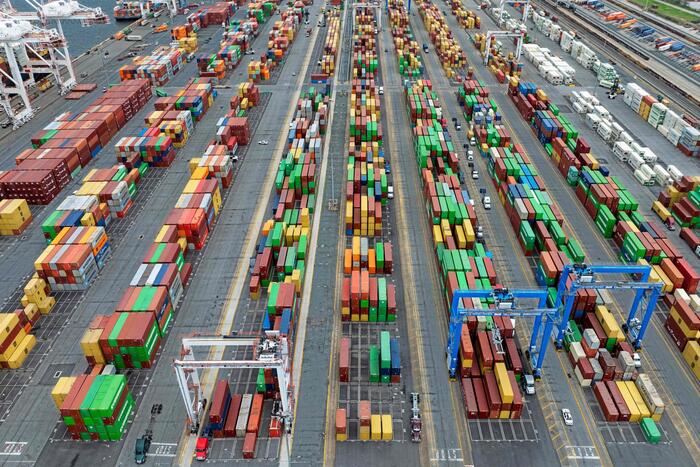The fragile balance reached in May between China and the United States already seems on the verge of collapse. Beijing has accused Washington of severely violating the agreements made during the Geneva meeting and is threatening a “resolute and decisive” response to protect its economic and strategic interests.
The crisis is also placing in doubt the possibility of an imminent phone conversation between President Donald Trump and Chinese leader Xi Jinping, a contact the White House hopes will help break the deadlock in trade negotiations.
In a statement issued by China’s Ministry of Commerce, Beijing rejected claims by the Republican politician that it was the “Middle Kingdom”– a term used to highlight China’s global ambitions and its role as a major world power– violating the agreement. According to Chinese authorities, it was instead the U.S. that acted unilaterally, introducing new discriminatory restrictions, including a ban on the export of chip design software, new export rules for artificial intelligence-related technologies, and the revocation of visas for Chinese students.
The tone of the statement was firm: if Washington insists on continuing down this path, further measures will be adopted to defend legitimate rights. The Chinese government also referenced an agreement dating back to January 17, the date of the last direct conversation between Trump and Xi, accusing the U.S. of failing to honor it, though without providing further details.
Market repercussions were swift: Asian stock exchanges recorded significant declines, with the index of Chinese-listed stocks in Hong Kong falling by up to 2.9%, the worst figure in the last two months.
The trade tensions fit into an already complicated geopolitical context. Besides economic restrictions, the U.S. government has announced a ban on exports of key components for jet engines. Additionally, the State Department has criticized China’s actions toward Taiwan, calling them an imminent threat to regional stability. The Asian republic responded firmly, protesting against remarks made by U.S. Defense Secretary Pete Hegseth.
U.S. sources believe another critical point could be the export of rare earth elements, which are fundamental to the production of advanced technologies. Washington accuses Beijing of failing to sufficiently increase supplies despite prior commitments, while the Chinese claim they have adhered to agreements with transparency and good faith.
Meanwhile, the GOP leader has reiterated his willingness to speak with Xi Jinping, hoping that direct dialogue may resolve the impasse. However, no official visits are currently planned. White House economic advisor Kevin Hassett stated that a phone call is expected during the week, while Treasury Secretary Scott Bessent admitted that bilateral talks are currently at a standstill.
The climate of suspicion and mutual accusations threatens to undo months of diplomatic efforts. The announced trade truce may already be nearing its end.












